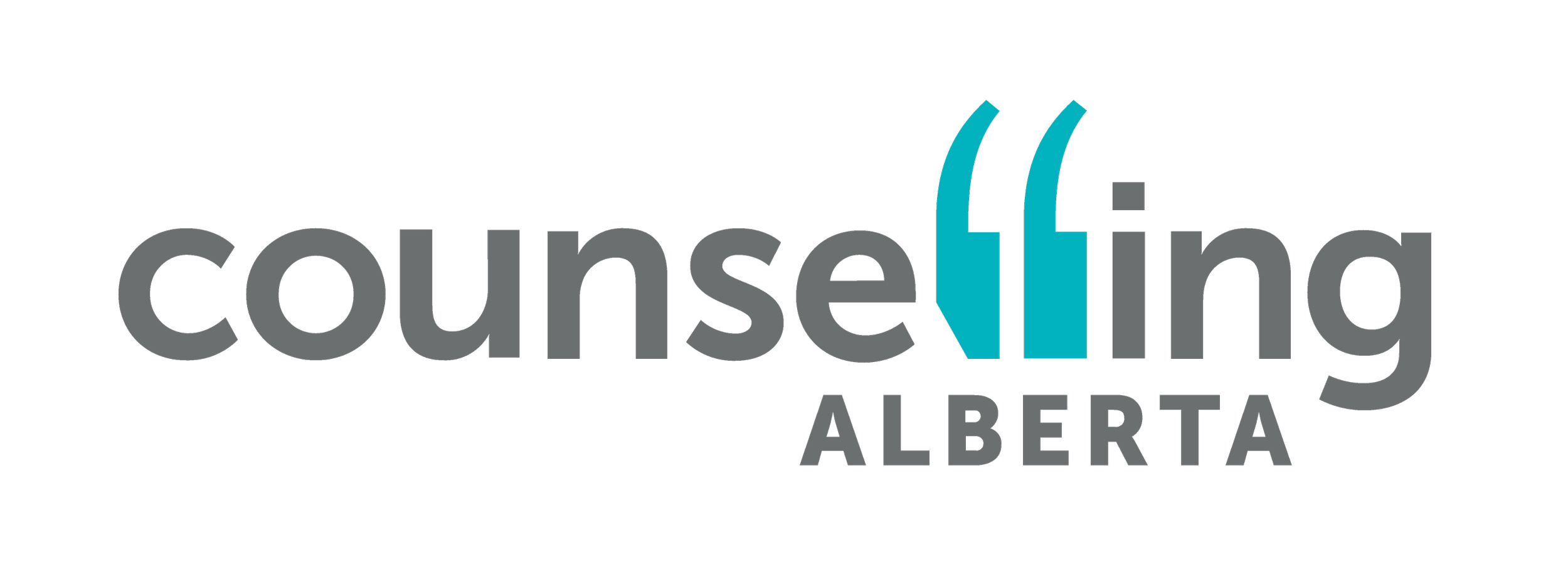Barrier-free counselling is available for all Albertans with no waitlist
The recent wildfires in Alberta have left many struggling with loss, trauma, and stress. Here you’ll find a range of resource - from podcasts and blog posts to practical tips on managing stress and talking to kids about traumatic events.
At Counselling Alberta, your emotional well-being is our priority. We offer online counselling across the province and in-person sessions in six cities, including Edmonton, Fort McMurray, Grande Prairie, Lethbridge, Medicine Hat, and Red Deer. Our services are barrier-free, with no waitlist, so you can get support when you need it. Register for counselling online, by phone at 833.827.4230, or by sending us your completed intake form via email or fax.
Resources for managing stress and uncertainty
The unpredictability of hazardous events such as wildfires and their devastating consequences can lead to stress and anxiety. It is important to acknowledge these feelings and take steps to manage them to better protect your mental health. Below is a list of resources and guidance to help manage stress and uncertainty for yourself and your loved ones.
-
Mental health and the Alberta wildfires
In this bonus episode, Katherine Hurtig talks to Sarah Rosenfeld, registered social worker and associate director of counselling with Calgary Counselling Centre, about how the wildfires can potentially impact mental health and what people can do to cope during these stressful times.
On this episode of Living Fully, host Katherine Hurtig talks with registered social worker, Sarah Rosenfeld, about managing anxiety. They talk about what anxiety is, how it can impact the different areas of your life, and how to manage and reframe your mindset around worry.
-
Coping with trauma after a natural disaster
Recently, the town of Jasper in Alberta faced a devastating wildfire that ravaged the community, destroying homes, businesses, and forcing residents and tourists to evacuate. The damage to these towns were severe, leaving many people uprooted, displaced, and dealing with the trauma of these unexpected disasters.
Eight coping techniques for managing anxiety
Anxiety is a normal feeling that everyone experiences from time to time. It can manifest in many ways, from mild uneasiness to full panic attacks. At times, this worry can feel overwhelming, but there are many coping techniques that can help manage and alleviate anxiety symptoms.
Seven simple tips to tackle anxiety
We all worry from time to time. Feeling worried or apprehensive is a way we respond to stressful situations: before an exam, job interview, or taking a flight. So, anxiety isn't always a negative thing. Some levels of anxiety can be beneficial. It can help us recognize dangerous situations and focus our attention. It keeps us alert, makes us aware of risks, and motivates us to find a solution to problems.
There are many things in our lives that we can’t predict and have control over. This is especially true during times of crisis. Accepting that what you are feeling is normal can help alleviate some of the discomfort and uneasiness we feel. Focusing your time, thoughts, and energy on what is in your control can give you a sense of empowerment, even in the most unpredictable of situations.
-
Active emergency updates Active emergency updates
Evacuation and financial support Evacuation and financial support
Coping with trauma
The damage to our communities from the Alberta wildfires is severe, leaving many people uprooted, displaced, and dealing with the trauma of these unexpected disasters. But, what exactly is trauma? Trauma is a response to a distressing event that is outside the scope of our normal experiences. When something happens that is unexpected and out of our control, it can trigger a range of physical, mental, and emotional reactions.
While trauma is highly individualized, there are a few common symptoms you can watch for:
Physical symptoms like headaches, an upset stomach, or trouble sleeping.
Cognitive issues such as difficulty concentrating or making decisions.
Emotional responses, including fear, worry, and heightened sensitivity (hyper-arousal) or numbness (hypo-arousal).
For tips on how to cope with trauma after a natural disaster, read our blog post. You can also listen to our podcast episode for tips on navigating grief and loss.
Tips for talking to kids about traumatic events
Kids may struggle to understand the severity of wildfires and can feel scared or confused. It is important to provide them with as much comfort and clarity as you can during these challenging times.
Open communication: Encourage your kids to express their feelings and ask questions. Be honest but limit the amount of information you are giving your kid. Too much information at once can be overwhelming. And it is okay if you do not have all the answers.
Reassure safety: Let them know that you are taking steps to ensure their safety. Discuss your family's emergency plan so they feel more secure.
Focus on positivity: Highlight the helpers in these situations—firefighters, volunteers, and community members. This can instill a sense of hope and resilience for the future.
Be aware of your emotions: Manage the stress and anxiety that you are feeling. Do your best to remain calm around your kids. Your kids will have a better sense of how to feel and behave from your actions.
Continue the conversation: Make sure your kids know that they can always talk to you when they have more questions or are feeling sad or worried.
Our blog post on talking to kids about tragic events offers additional tips for navigating these conversations
We are here for you
At Counselling Alberta, we are committed to providing the support you need. Our counsellors are available to help you navigate these difficult times. Visit our website to learn more about our counselling services. If you are struggling, please reach out. You can register for counselling 24/7 on our website.


